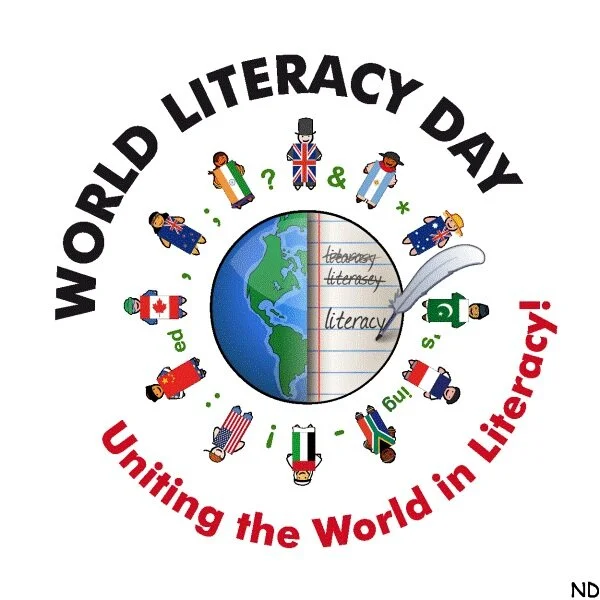In 1981, the United Nations declared September 21 each year as the international day of peace “devoted to strengthening the ideals of peace, through observing 24 hours of non-violence and cease-fire.” The challenge this year has not been hostile conflicts but fighting the “common enemy” of the Covid-19 pandemic. “While the message is intended for armed parties, solidarity and cooperation across borders, sectors and generations are also needed to win this new fight against the worst public health crisis of our time.”
Why have days dedicated to international ideals? According to the UN’s website, these days are “occasions to educate the public on issues of concern, to mobilize political will and resources to address global problems, and to celebrate and reinforce achievements of humanity.”
Peace is a very important initiative for children to learn from an early age. Visit the UN’s website for more information on this and other international days. https://www.un.org/en/observances/international-day-peace


